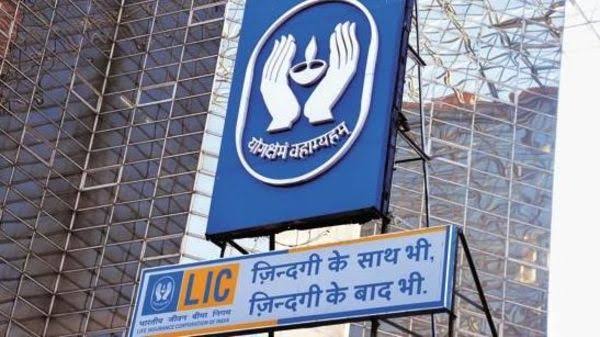the Union Budget speech on February 1, Union Minister of Finance Nirmala Sitharaman announced that the government proposed to sell part of its stake in (LIC) by way of an initial public offering (IPO). The state insurer was established in 1956 through an Act of Parliament. Governed by the Life Insurance Corporation Act, 1956, every LIC policy is guaranteed by the government. Explaining the rationale for divesting the government’s stake in LIC, Ms. Sitharaman said that listing would bring discipline while giving retail investors an opportunity to participate in wealth creation.
Before the government divests a part of its stake through a public issue, it will have to ensure that it amends the LIC Act, which among other things, ensures a sovereign guarantee for all policies under Section 37 of the Act. The Finance Ministry is in talks with the Law Ministry to amend the Act. The top brass of LIC are, however, banking on a government assurance on the issue. In a media interaction on Friday, LIC Chairman M.R. Kumar said: “There is no implication for policyholders. The Finance Minister has clarified that sovereign guarantee will continue. That being the case I don’t think there is anything to worry for the customer.”
Currently, LIC pays 5% of its surplus to the government and the balance 95% to policyholders. This makes it possible for the state-owned insurance company to give a higher bonus on the policies compared to private players, who typically give 10% of their surplus to shareholders and the balance 90% to policyholders. With outside investors becoming shareholders, with a few even gaining seats on the insurer’s board, there could be a demand to tweak the mix between shareholders and policyholders. Further, the norms of the Securities and Exchange Board of India (SEBI) on corporate governance would require the insurance company to make timely and quick disclosures about defaults among other things. LIC is a significant player in the debt segment as well and would have to make additional disclosures to retail shareholders.
Before the government divests a part of its stake through a public issue, it will have to ensure that it amends the LIC Act, which among other things, ensures a sovereign guarantee for all policies under Section 37 of the Act. The Finance Ministry is in talks with the Law Ministry to amend the Act. The top brass of LIC are, however, banking on a government assurance on the issue. In a media interaction on Friday, LIC Chairman M.R. Kumar said: “There is no implication for policyholders. The Finance Minister has clarified that sovereign guarantee will continue. That being the case I don’t think there is anything to worry for the customer.”
Currently, LIC pays 5% of its surplus to the government and the balance 95% to policyholders. This makes it possible for the state-owned insurance company to give a higher bonus on the policies compared to private players, who typically give 10% of their surplus to shareholders and the balance 90% to policyholders. With outside investors becoming shareholders, with a few even gaining seats on the insurer’s board, there could be a demand to tweak the mix between shareholders and policyholders. Further, the norms of the Securities and Exchange Board of India (SEBI) on corporate governance would require the insurance company to make timely and quick disclosures about defaults among other things. LIC is a significant player in the debt segment as well and would have to make additional disclosures to retail shareholders.
Leave a comment
Your email address will not be published. Required fields are marked *


